Blogs
Filter by...
-
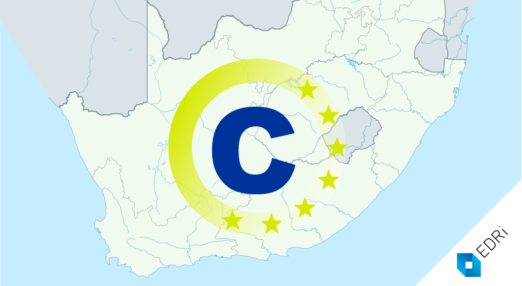
European Commission derails copyright reform in South Africa
Last year, the South African parliament adopted a progressive new copyright bill that would have drastically improved access to educational materials, introduced a fair use exception, implemented the Marrakesh treaty for the benefit of people who are blind or print disabled, and strengthened the negotiating positions of authors and performers in their negotiations with publishers.
Read more
-
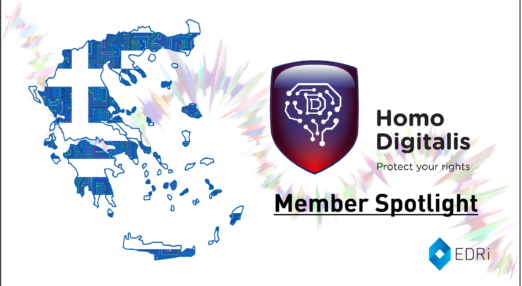
COVID-Tech: COVID-19 opens the way for the use of police drones in Greece
In EDRi’s series on COVID-19, COVIDTech, we explore the critical principles for protecting fundamental rights while curtailing the spread of the virus, as outlined in the EDRi network’s statement on the pandemic.
Read more
-
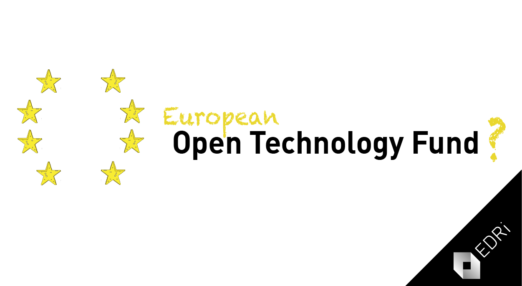
The threat on OTF as a wake up call for European digital sovereignty
Around 2 billion people in 60 countries are able to use the internet securely and without risks of being surveilled or censored. And all of this, thanks to the work done by a non-profit called Open Tech Fund (OTF) for only 15 million dollars a year. However, all of this may be over soon.
Read more
-
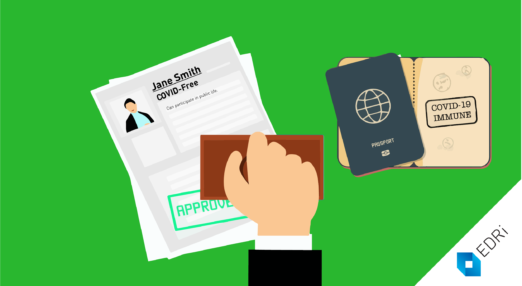
COVID-Tech: the sinister consequences of immunity passports
In EDRi’s series on COVID-19, COVIDTech, we explore the critical principles for protecting fundamental rights while curtailing the spread of the virus, as outlined in the EDRi network’s statement on the pandemic.
Read more
-
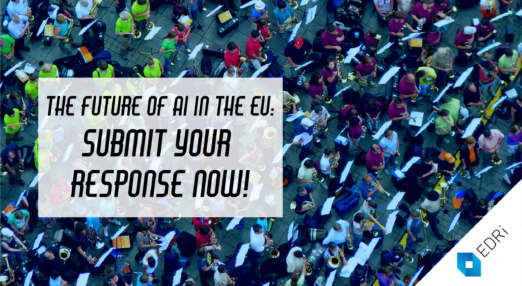
EDRi submits response to the European Commission AI consultation – will you?
Today, 4th June 2020, European Digital Rights (EDRi) submitted its response to the European Commission’s public consultation on artificial intelligence (AI). In addition, EDRi released its recommendations for a fundamental rights-based Artificial Intelligence Regulation.
Read more
-

Can the EU make AI “trustworthy”? No – but they can make it just
European Digital Rights (EDRi) submitted its answer to the European Commission’s consultation on the AI White Paper.
Read more
-
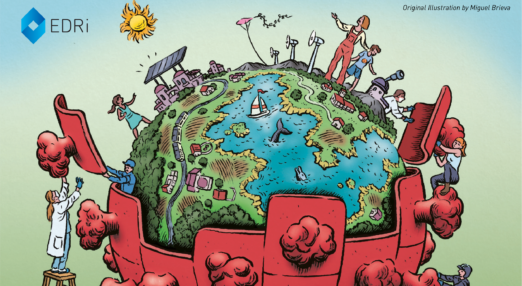
COVID-Tech: Surveillance is a pre-existing condition
In EDRi’s series on COVID-19, COVIDTech, we will explore the critical principles for protecting fundamental rights while curtailing the spread of the virus, as outlined in the EDRi network’s statement on the virus.
Read more
-
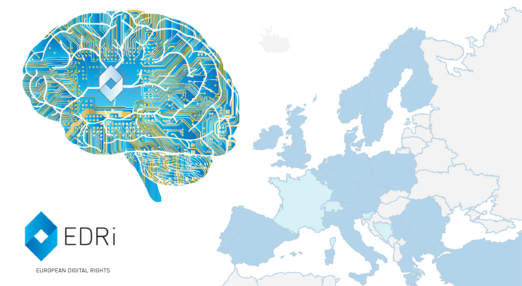
More than the sum of our parts: a strategy for the EDRi Network
It took over a year. From an EDRi members’ survey in early 2019 to the vote by the (online) General Assembly of members at the end of April 2020. In those months we held workshops, webinars, calls, several rounds of comments, draft iterations and about 50 consultations.
Read more
-
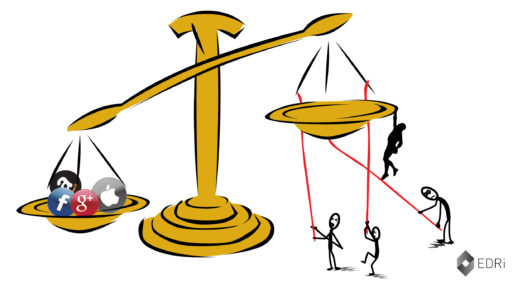
Competition law: Big Tech mergers, a dominance tool
This is the third article in a series dealing with competition law and Big Tech. The aim of the series is to look at what competition law has achieved when it comes to protecting our digital rights, where it has failed to deliver on its promises, and how to remedy this.
Read more
-
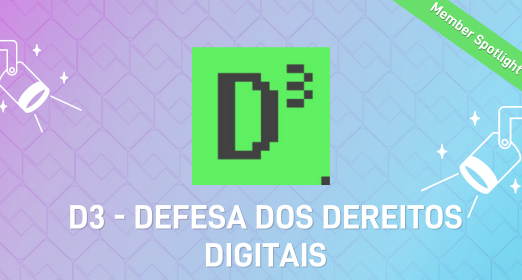
Member in the Spotlight: D3 – Defesa dos Direitos Digitais
D3 is a volunteer-run association dedicated to the defense of fundamental rights in the digital context. Its focus is to ensure autonomy and freedom of choice; uphold privacy and free access to information, knowledge and culture; and defend digital rights as a reinforcement to the principles of a democratic society.
Read more
-
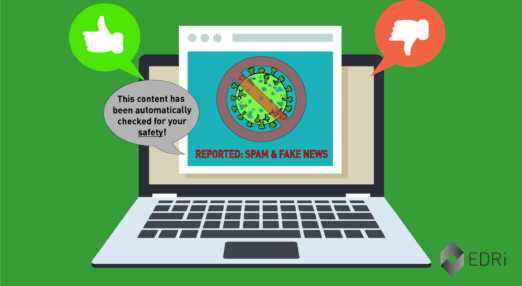
COVID-Tech: COVID infodemic and the lure of censorship
In EDRi's series on COVID-19, COVIDTech, we will explore the critical principles for protecting fundamental rights while curtailing the spread of the virus, as outlined in the EDRi network's statement on the virus.
Read more
-
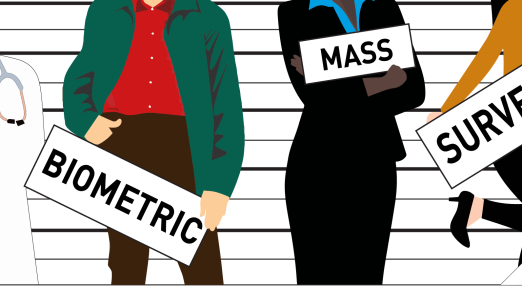
Ban biometric mass surveillance!
44 civil society organisations call for a ban on biometric mass surveillance in EDRi's new paper, "Ban Biometric Mass Surveillance: A set of fundamental rights demands for the European Commission and EU Member States"
Read more
